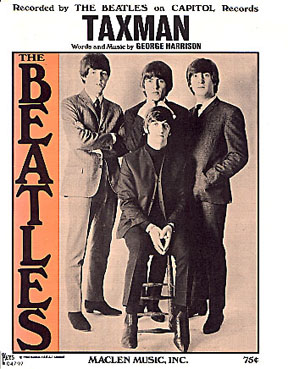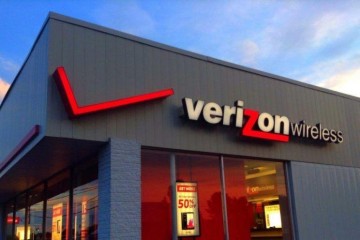 If you want to know how silly the tax avoidance of US companies has become, you only need to look at Verizon.
If you want to know how silly the tax avoidance of US companies has become, you only need to look at Verizon.
It paid its CEO Lowell C. McAdam more than it paid the in U.S. federal income taxes.
According to a study compiled by the Institute for Policy Studies and the Center for Effective Government, which has been denied by Verizon, it was one of seven companies paid their CEO more than they paid in tax, including Boeing, Ford, Chevron, Citigroup, JPMorgan Chase & Co and General Motors Co.
The study said the seven companies, which in 2013 reported more than $74 billion in combined U.S. pre-tax profits, came out ahead on their taxes, gaining $1.9 billion more than they owed.
At the same time, the CEOs at each of the seven companies last year was paid an average of $17.3 million.
The Institute for Policy Studies and the Centre for Effective Government, the study’s co-authors, said its findings reflected “deep flaws in our corporate tax system.”
Verizon insisted that it paid $422 million in income taxes in 2013. “We do not provide a breakdown between federal vs. state in that total; however, I am confirming for you that the federal portion of that number is well more than Verizon’s CEO’s compensation,” a spokesman said in an email.
Boeing said its 2013 global tax bill was $1.6 billion, though all but $5 million was deferred due to development and production investments. A spokesman said current tax expense and cash taxes were likely to rise as 787-jet deliveries ramp up.
Both automakers Ford and General Motors said their current U.S. tax bills are reduced by tax loss carry forwards stemming from severe losses suffered a few years ago.
Energy group Chevron said its 2013 current U.S. federal income tax expense of $15 million “was much lower than normal” due to several factors. Echoing other companies, Chevron stressed it pays taxes worldwide.
Either way it appears that there is something wrong with the US tax system, which seems to focus on taxing the poor and middle class while the rich and corporates avoid paying.
 UK Global IoT outfit, Eseye, has teamed up with Verizon enabling IoT customers around the world to localise devices over-the-air onto the Verizon network, using an eUICC compliant approach to ensure IoT devices stay connected wherever they are located.
UK Global IoT outfit, Eseye, has teamed up with Verizon enabling IoT customers around the world to localise devices over-the-air onto the Verizon network, using an eUICC compliant approach to ensure IoT devices stay connected wherever they are located.















